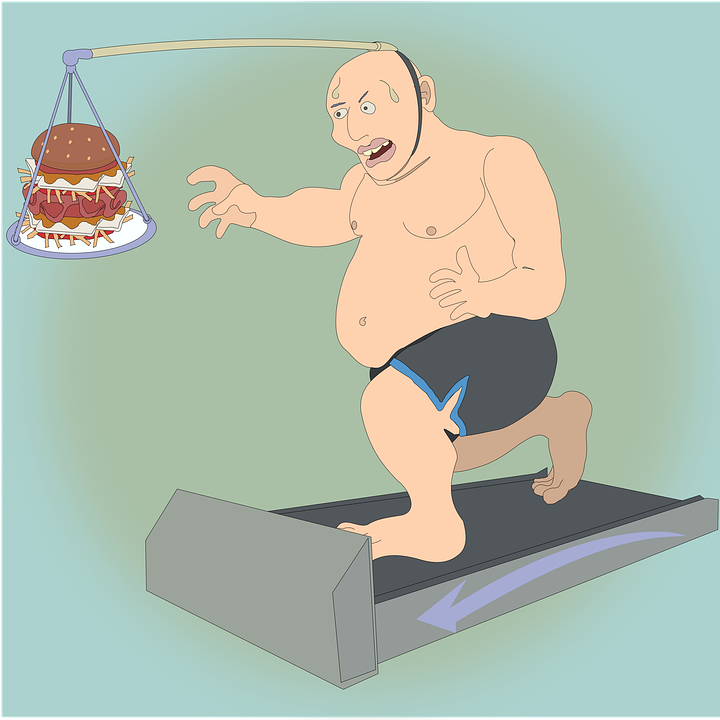We are constantly warned about the dangers of obesity and urged to manage our weight. These messages come from all directions, including authorities we trust and peers who judge us. But consider for a moment that our accepted assumptions may not represent fully what we know from scientific evidence.
To begin with, the following facts are from Body Respect by Linda Bacon, and you can confirm them in the peer-reviewed article at http://nutritionj.biomedcentral.com/articles/10.1186/1475-2891-10-9
- People who are categorized as overweight or moderately obese have shown time and time again to live as long as or longer than people with weight in the normal category (confirmed even by the CDC)
- BMI standards were written by the pharmaceutical industry to increase weight loss drug profits, ignoring that health decrement hasn’t shown to occur until a BMI of 40 (they funded the international obesity task force that determined the WHO’s standards and therefore the U.S. standards)
- Larger people are more likely to develop several diseases but fatness is not the cause – there are many confounding factors like fitness, stress from discrimination, and inflammation from calorie-restriction dieting and weight cycling – “blaming fatness for heart disease is a lot like blaming yellow teeth for lung cancer”
- “There has never been a research study that has demonstrated long-term maintenance of weight loss from lifestyle change for any but a small minority” – the rare person who does maintain weight loss is as lucky as the smoker who lives to be ninety
- Health can improve when diet and/or exercise improve – not as a result of weight loss – yet at the same time, health behaviours account for less than 1/4 of differences in health outcomes, while social differences (i.e. poverty and discrimination) are the main determinants (again confirmed by the CDC)
If you’re like me, you’re probably tempted to object to the above sample of facts because we fear fat so strongly. However, ignorance has hurt us through lifetime yo-yo dieting, obsession with food and body, disordered eating, weight discrimination, and even poor health, the very thing we think we’re helping by stigmatizing fatness.
Honestly, though… even if I can be healthy at my current weight, I still deep down really want to look the way I did when I was slimmer. In the past I was able to lose weight by manipulating calories – if only I’d just tried harder and longer! Mind you, I’m still stuck with these feelings years after I learned exactly why the belief that I can just force a caloric deficit long-term is, well, unfounded. So let’s forgive each other for not being without bias and just open ourselves up a little more to the possibility that there may be a better way than constantly forcing an attempt to lose weight.




